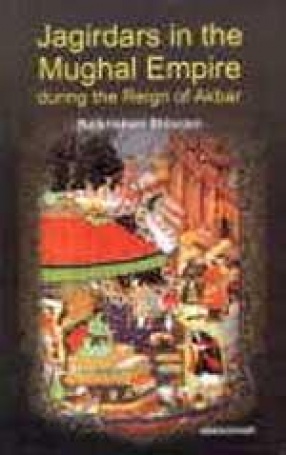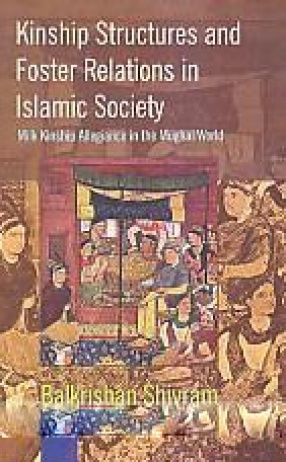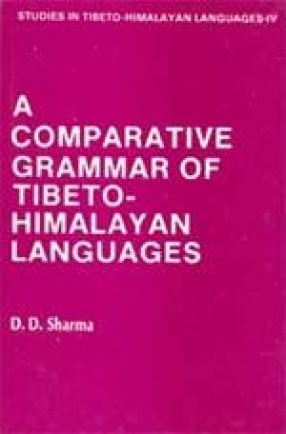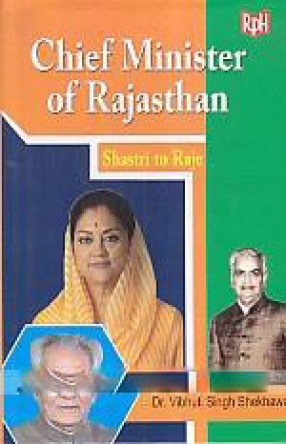Jagirdars in the Mughal Empire During the Reign of Akbar knits together several things–the process of the Mughal Empire’s expansion, Akbar’s political and administrative initiatives, and the rituals of the court–that can be reconstituted for a new and different understanding of the Mughal state at the end of the sixteenth century. The author uses a multidimensional approach to the subject and offers a radically new way of looking at the organization of the Mughal Empire at the time of its early evolution under Akbar. The study interrogates the assumed links between Jagirs and Mansabdars, the nature and location of their grants, the periodicity of their transfers, and the degree of control and discipline that ‘transfers’ of Jagirs and Mansabdars was supposed to have introduced in the functioning of the Mughal administration. In this way the author implies that there was logic to governance that emanated from the ruler’s relationship with his highest nobles and this was evident in the nature of the assignment system and the delegation of power. Changes in relationships, consequently, would alter the structures of the governance as well. This thorough study explores a coherent paradigm of court rituals that lie behind the kingship. This book would be indispensable to scholars working on the Mughal period as well as those interested to know the milieu of the Mughal Jagirdari.
Kinship Structures and Foster Relations in Islamic Society: Milk Kinship Allegiance in the Mughal World
The book presents a detailed ...
$37.80
$42.00






There are no reviews yet.